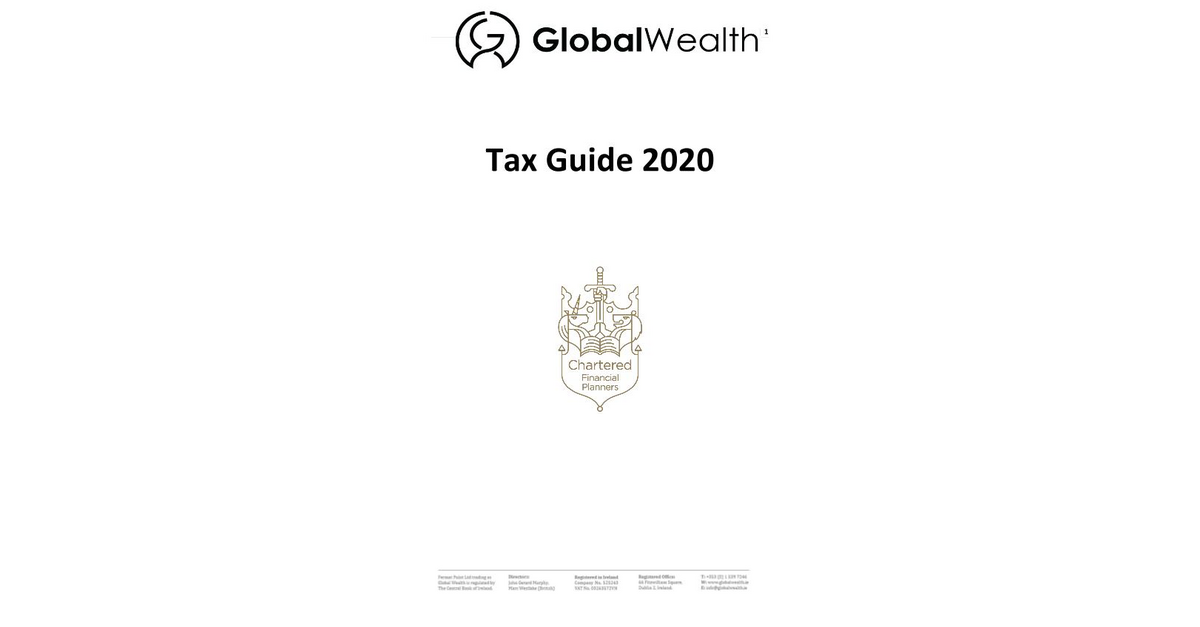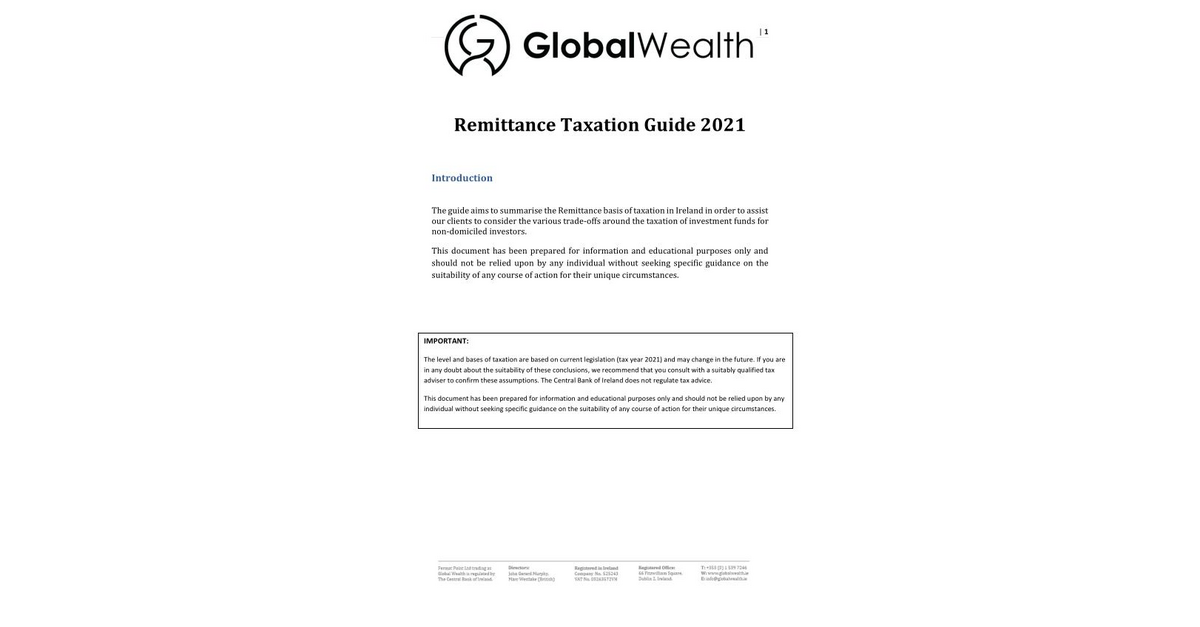Curly Wurly
Registered User
- Messages
- 19
Hi All,
I will return to Ireland next year, having spent the past decade abroad. My wife and I are both in our early 40s. We have three children under 10.
We do not have enough social insurance contributions in Ireland to qualify for a state pension, so we plan on working away, building up entitlements.
We also own a family home in Ireland worth around 460k, on which we do not have a mortgage.
We have accumulated relatively significant cash while abroad, which we will repatriate to Ireland, namely 750,000 euros. This will not be taxable upon repatriation.
Something we would like to do is to generate a regular income from these funds. We will both work in paid employment, and we wish to add to this while we work and for retirement.
To this end, I am considering purchasing two apartments in a nearby Kildare commuter town using the cash that we have. To buy these properties would cost approximately 320,000 euros, leaving us with 430,000, of which we would deploy a sizable amount into a private pension.
The endgame would be to have:
- Generated entitlement to a state pension in our late 60s
- Have a private pension
- Have monthly rental income from the two apartments
Conceptually, I would like to know your viewpoints. Since we would not be borrowing to buy the apartments our risk would be greatly reduced. The chosen town is close by, sizable, and growing. However, I have heard that ownership of rental properties is increasingly complex and tenant-centric, and some on AAM have advised against getting into rental property altogether.
I am not against the idea of commercial rental, or storage rental as alternatives. My preferred asset class is equity, specifically ETFs, but as these are taxed punitively by Revenue, it seems there is little alternative to property investment. Or perhaps I simply lack imagination.
I would love to hear your thoughts.
Thank you.
I will return to Ireland next year, having spent the past decade abroad. My wife and I are both in our early 40s. We have three children under 10.
We do not have enough social insurance contributions in Ireland to qualify for a state pension, so we plan on working away, building up entitlements.
We also own a family home in Ireland worth around 460k, on which we do not have a mortgage.
We have accumulated relatively significant cash while abroad, which we will repatriate to Ireland, namely 750,000 euros. This will not be taxable upon repatriation.
Something we would like to do is to generate a regular income from these funds. We will both work in paid employment, and we wish to add to this while we work and for retirement.
To this end, I am considering purchasing two apartments in a nearby Kildare commuter town using the cash that we have. To buy these properties would cost approximately 320,000 euros, leaving us with 430,000, of which we would deploy a sizable amount into a private pension.
The endgame would be to have:
- Generated entitlement to a state pension in our late 60s
- Have a private pension
- Have monthly rental income from the two apartments
Conceptually, I would like to know your viewpoints. Since we would not be borrowing to buy the apartments our risk would be greatly reduced. The chosen town is close by, sizable, and growing. However, I have heard that ownership of rental properties is increasingly complex and tenant-centric, and some on AAM have advised against getting into rental property altogether.
I am not against the idea of commercial rental, or storage rental as alternatives. My preferred asset class is equity, specifically ETFs, but as these are taxed punitively by Revenue, it seems there is little alternative to property investment. Or perhaps I simply lack imagination.
I would love to hear your thoughts.
Thank you.




